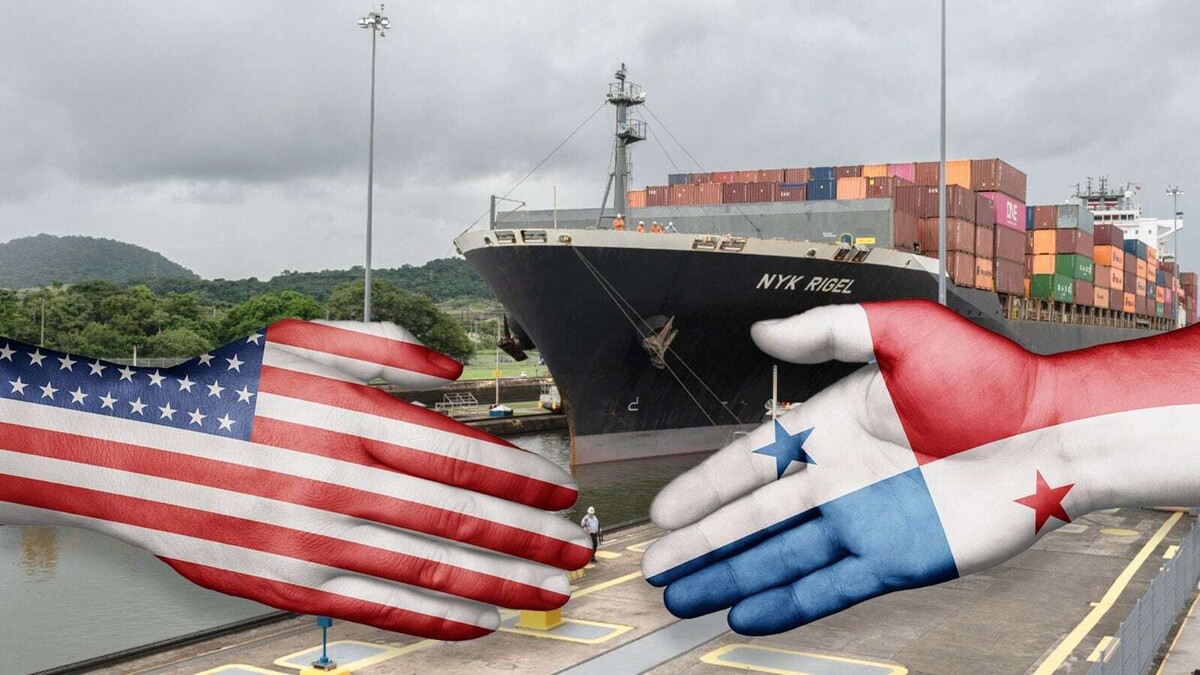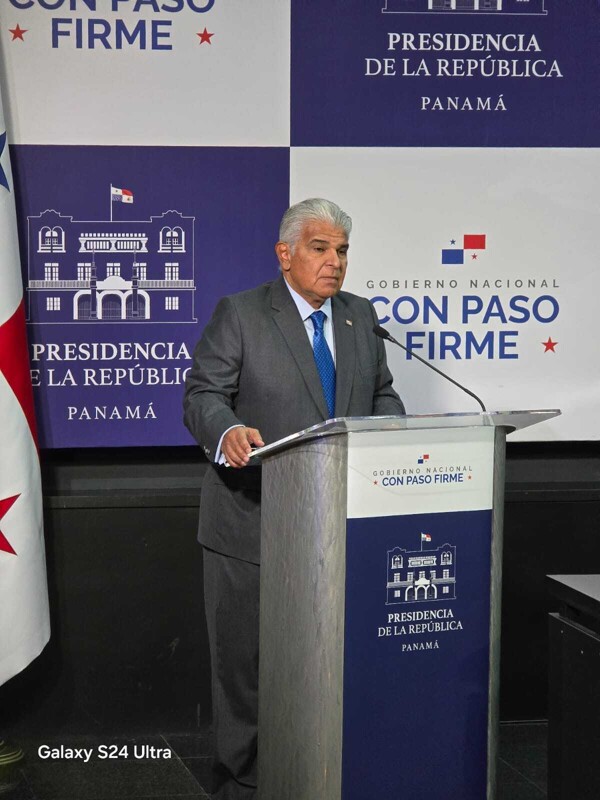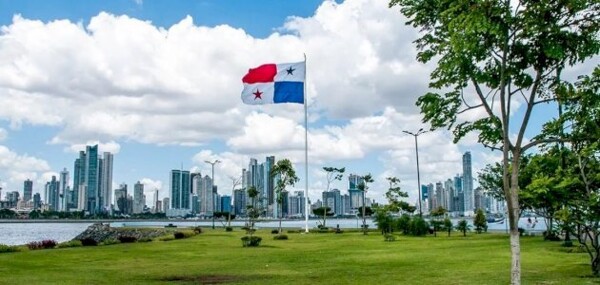
The Government of the United States announced that Panama has agreed to exempt the payment for the transit of its ships through the Panama Canal, which represents savings of millions of dollars a year for Washington. This decision was communicated by the U.S. Department of State through a message on social media. The measure comes after the recent visit of U.S. Secretary of State Marco Rubio to the Central American country and amid Donald Trump's pressures to "regain" control of the route.
The Pentagon reported that Defense Secretary Pete Hegseth emphasized during a call with Panama's Public Security Minister Frank Ábrego, the U.S. interest in ensuring unrestricted access to the Canal. This communication took place on Tuesday and reaffirmed the commitment of both nations to the defense of the Panama Canal, agreeing to strengthen cooperation between the U.S. armed forces and Panama's security forces.
Tension between the United States and Panama arose following Trump's claims about Chinese presence in the Canal and the unfair treatment of U.S. ships. In response, Panama decided not to renew a cooperation agreement with China related to the Silk Road. The Panama Canal Authority had previously expressed its willingness to collaborate with the U.S. Navy to optimize the transit of its vessels through the interoceanic route.
According to official Panamanian data, U.S. warships have paid fees equivalent to less than one million dollars a year from 1998 to 2024, which represents a minimal percentage compared to the total number of vessels that pass through the canal. Since its opening in 1914, the toll for commercial ships is determined based on maximum water displacement, following a neutral criterion for all nations.
China, for its part, has denied any interference in the management of the Panama Canal and has asserted respect for Panama's sovereignty over the route. The construction of this important interoceanic route was carried out by the United States and was transferred to Panama in 1999. The Torrijos-Carter Treaties, signed in 1977, marked this transfer of control, guaranteeing the neutrality of the canal for international traffic.














